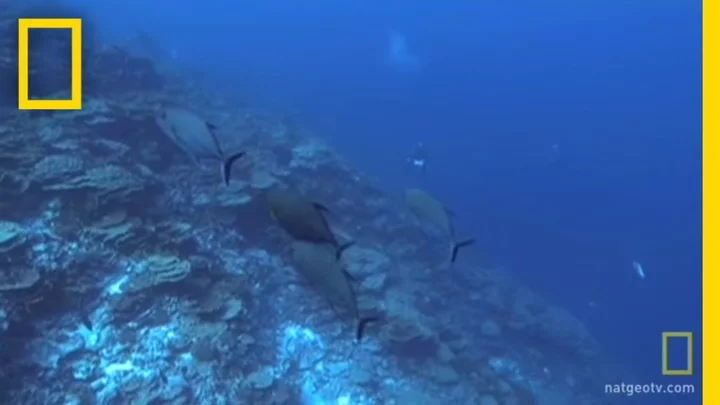Google Earth has brought attention to some of the weirdest things we’ve ever seen on the internet – and that’s really saying something.
But at times, it really helps to shine a light on truly awe inspiring places that most people would otherwise never even hear about.
That’s certainly the case with Vostok island, which people on the internet have been focusing on recently.
The uninhabited island is found in the Pacific Ocean and it’s become the subject of much speculation over recent times.
But why are people suddenly obsessed with this random island in the middle of nowhere?
Well, it’s because the way it’s presented on Google Earth, it looks like the island is “hollow”.
Taking an initial look on there, it does look like the island could contain a deep lake or another unusual landform.
However, it’s pretty common for areas to be blocked out on Google Earth for a number of reasons. Sometimes, the site just doesn’t have access to different places, or people have requested places to be removed.
In the years since it first appeared on Google Earth, there have been all kinds of conspiracies surrounding the Island.
Over more recent times, though, it’s become more and more clear that there’s nothing that mysterious about Vostok – and no, it’s not hollow.
In fact, it’s part of the Republic of Kiribati, and it’s a remote haven for nature lovers.
It’s still a relatively obscure island, given its location, but one National Geographic video does show a diver discussing the idyllic conditions among the island’s coral reefs.
Strange things do, though, continue to fascinate people on Google Earth.
From mysterious "pyramids” in Antarctica to a "UFO" near the home of Harry and Meghan, there's plenty for conspiracy theorists to get excited about.
Sign up for our free Indy100 weekly newsletter
How to join the indy100's free WhatsApp channel
Have your say in our news democracy. Click the upvote icon at the top of the page to help raise this article through the indy100 rankings

